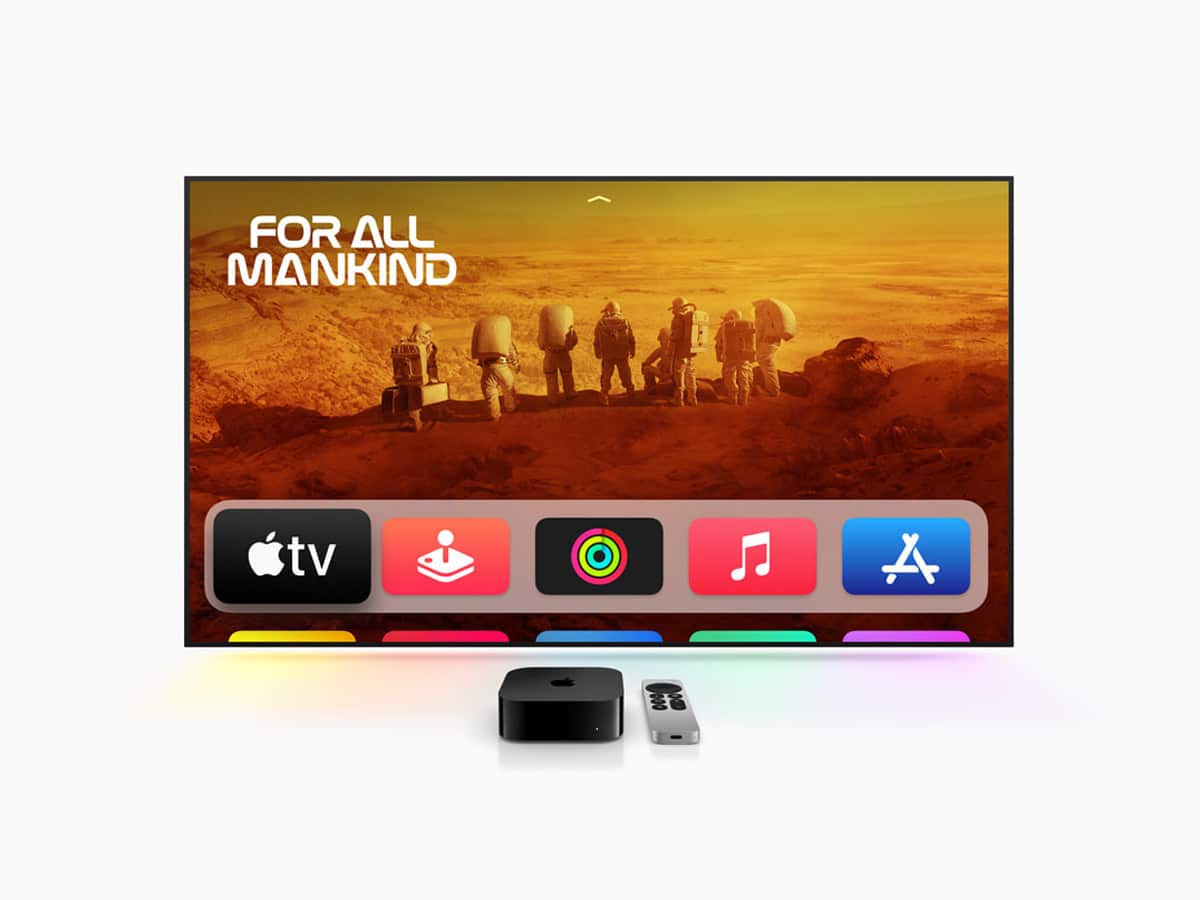
Published:
Readtime: 4 min
Every product is carefully selected by our editors and experts. If you buy from a link, we may earn a commission. Learn more. For more information on how we test products, click here.
The way actors and filmmakers are paid in the streaming era could be getting a makeover. Streaming giant Apple TV+ has reportedly proposed a new compensation model that moves away from the traditional upfront fees, instead, tying a portion of creator earnings to a project’s performance on the platform. This, in turn, could lead to significant bonuses for content that attracts a large audience and smaller payouts for projects that don’t generate high viewership.
Even though it’s nothing more than an idea at this point, this new performance-based payment model for actors and crew could spell widespread change for the creative industry as a whole. After all, the success of a film or show isn’t solely in the hands of the talent involved. A fantastic script and stellar performances might not translate to high viewership, leaving creators financially vulnerable despite their artistic contribution.

According to an internal memo cited by Bloomberg and some industry insiders, Apple has been talking to talent agents about a new pay model. The idea is to offer bonuses based on a “points system”, factoring in things like how many people subscribe to Apple TV+ to watch a show or film, how much time they spend watching it, and the show’s cost compared to its audience size. Bloomberg also explains that people working on one of the top three shows could share up to USD$10.5 million (or AUD $15.7 million) per season.
“The size of the bonuses will be based on three criteria: the number of people who signed up for Apple TV+ to watch, how much time they spent viewing and the cost of the program relative to the size of its audience. People with one of the top three shows could share up to USD $10.5 million for a season,” says Bloomberg’s Lucas Shaw.
The report even says Apple’s new payment model aims to tie compensation more closely to performance and encourage higher-quality content. Currently, creators can receive large sums of money before even producing a feature or show—a trend that Bloomberg says Netflix started to attract big names.
But now, with everyone trying to cut costs and focus more on profitability, companies want to get more value for their money. As of writing, Apple’s plan isn’t set in stone yet and they’re still talking to agents and talent for feedback. This model would also only apply to Apple TV+’s in-house productions, not acquired ones. However, Apple isn’t alone in this. Even Netflix and Amazon’s Prime Video are also exploring new ways to cut the paycheck and are reportedly working on similar ideas, though they haven’t shared their plans publicly yet.

Why Apple TV+’s Performance-Based Pay May Fail to Deliver as Expected
Before streaming services took over, movie creators and actors were paid through a mix of upfront payments, profit participation, and residuals. Box office receipts were a primary revenue source, supplemented by home entertainment sales like DVDs and digital downloads. When streaming started booming, Netflix shook things up by paying creators big money upfront to snag top talent. This change made it appealing for big names to join streaming projects, transforming the way payments worked in the industry.
However, as we all know now, this wasn’t sustainable in the long run. Last year’s Hollywood writers’ strike threw the industry into chaos, especially over pay issues in the streaming world. Writers felt these deals left them in a tough spot financially. Even though the strike might have led to some new agreements, writers are still struggling. Now, with streaming services like Apple TV+, Netflix, and others looking to tie performance with pay, it will put the talent in a tricky position. How can an actor be responsible for the quality of the writing, editing, or marketing?
The problem is that this approach could stifle creativity and limit the variety of new media being made. Directors might only want to work on safe, guaranteed hits, writers may stick to well-trodden formulas, and actors may only take roles in projects expected to be profitable. If a film doesn’t make money, the people involved won’t get paid, which could have serious implications for the diversity and innovation of the industry. While it might sound good on paper, this approach could end up hurting creativity and artistic freedom in the long run.


































Comments
We love hearing from you. or to leave a comment.